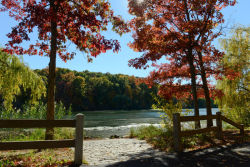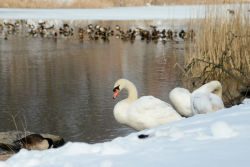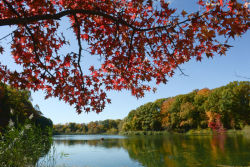Alley Pond Park
 Great Trees
Great Trees

View Great Trees for all Parks
| The Alley Pond Giant Species: Tuliptree (Liriodendron tulipifera) Location: Along Tulip Tree Trail (Enter at Horace Harding Expy entrance) Trunk Diameter: 50 inches |
Check out your park's Vital Signs
Clean & Safe
$39.2M
Recent Investment
Green & Resilient
1.8K
Mapped Trees
530.4
Acres of Natural Areas
Empowered & Engaged Users
Share your feedback or learn more about how this park is part of a
Vital Park System










